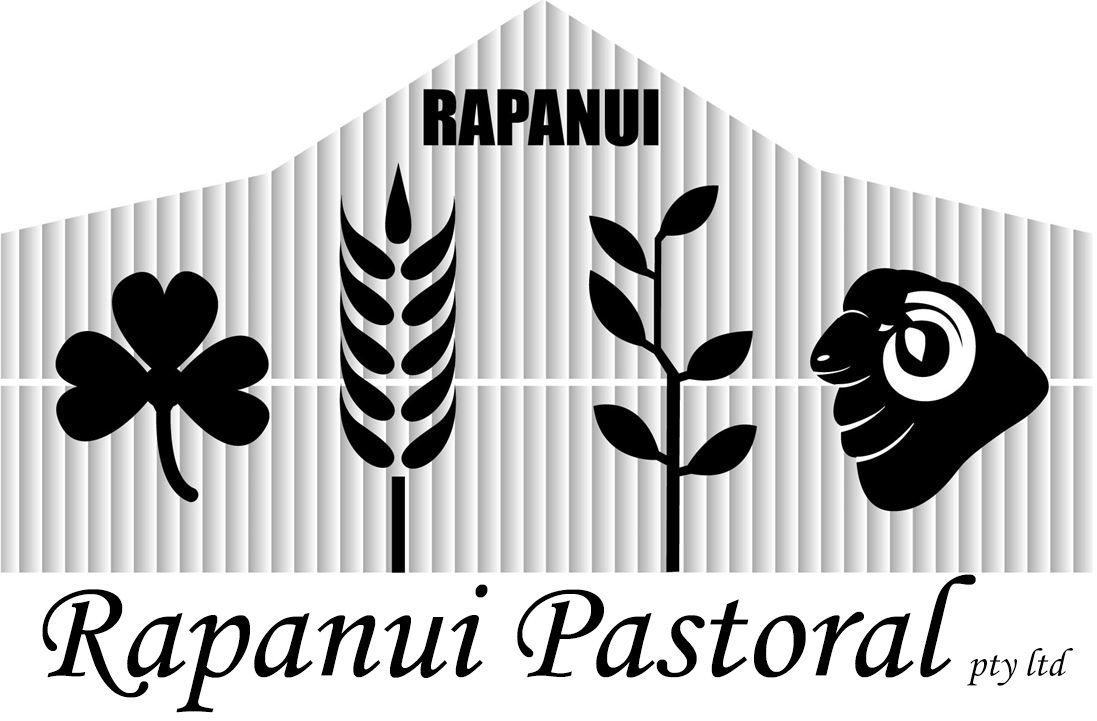It is looked favourably upon to have experience working on a farm or driving large machinery. Any experience driving tractors and being familiar with farm machinery and safety is advantageous as the equipment is large, costly to fix and run and can be dangerous without following each of the machineries’ standard operating procedures. Having said that if you are enthusiastic to learn a new skill, with a keen attention to detail and safety, and with the right attitude we would be keen to train you for the team.
You’re in the right place. If you have some experience and/or an aptitude for learning, farm work is for you and is so much more rewarding. Many people say their friends got a top job in the mines, earning heaps of money with lots of time off to have fun and party. The reality is those jobs require a very specific skill set or they are just not available at the time. It’s true that the agricultural industry does not and is not required to pay the same award/pay rate as the mining sector. There are all sorts of economic reasons at play here. However, a job on a farm has the potential to be a LOT more interesting, is more team oriented, and the dynamic day to day tasks on a farm will challenge you to think and learn more than a job on the mine. These are all great things to add to your resume. Working in a tight-knit team during cropping or harvest is also a very special experience and so many people take home friends for life after a season at Rapanui.
Harvest – Operating the harvester, chaser bins and swathing machines; tractor and front end loader work; towing and positioning field bins; moving augers.
Cropping – Operating seeder, truck and tractor driving to transport fertilizer and grain.
General farm duties (between cropping and harvest) – Fencing, plant and machinery maintenance or servicing, fertilizer spreading, sheep work, rock picking, earth moving, front end loader work.
The pay rate for seasonal and permanent work depends on a variety of things including experience, age and aptitude for work.
Salaries are paid every second week.
The majority of work is done during the day however during harvest and cropping sometimes there are both day and night shift teams. Delegating these teams will depend on the experience of the operator and their familiarity with the paddocks.
The harvest season goes for approximately 2 months during November, December and January.
The cropping season goes for approximately 6-8 weeks during May and June.
Sometimes there are other jobs ahead of cropping or harvest, or after these busy periods, so there is potential for more work. We just need to have a chat.
Typically 12 hours per day, 6 days per week.
For casual staff food and accommodation is provided. There is a good brick dormitory style accommodation with laundry facilities and an entertainment space. The kitchen is recently renovated and the rooms have individual split system air conditioners for comfort. It’s a great place for downtime with your work mates and friends.
Williams – 23km
Narrogin (larger centre) – 32km
Perth – 160km
Yes this work is definitely regional. For a second year working holiday visa in Australia you must work for a minimum of 3 months (or 88 days) in a specific job position in regional or remote Australia. For a 3rd year working holiday visa you will need to do 6 months (or 179 days) in a specific job position within regional or remote Australia.
For more information visit the Working Holiday visa webpage on the Australia Government Department of Home Affairs website.
https://immi.homeaffairs.gov.au/visas/getting-a-visa/visa-listing/work-holiday-417
Yes, occasionally permanent work becomes available. These positions can include accomodation either on-farm or in Narrogin.
Yes it’s possible and we have successfully sponsored men and women in the past. There is a selection criteria and this would be discussed during your employment at Rapanui.
Please refer to the Government regional visa webpage for more information
https://immi.homeaffairs.gov.au/visas/working-in-australia/regional-migration/regional-visas
